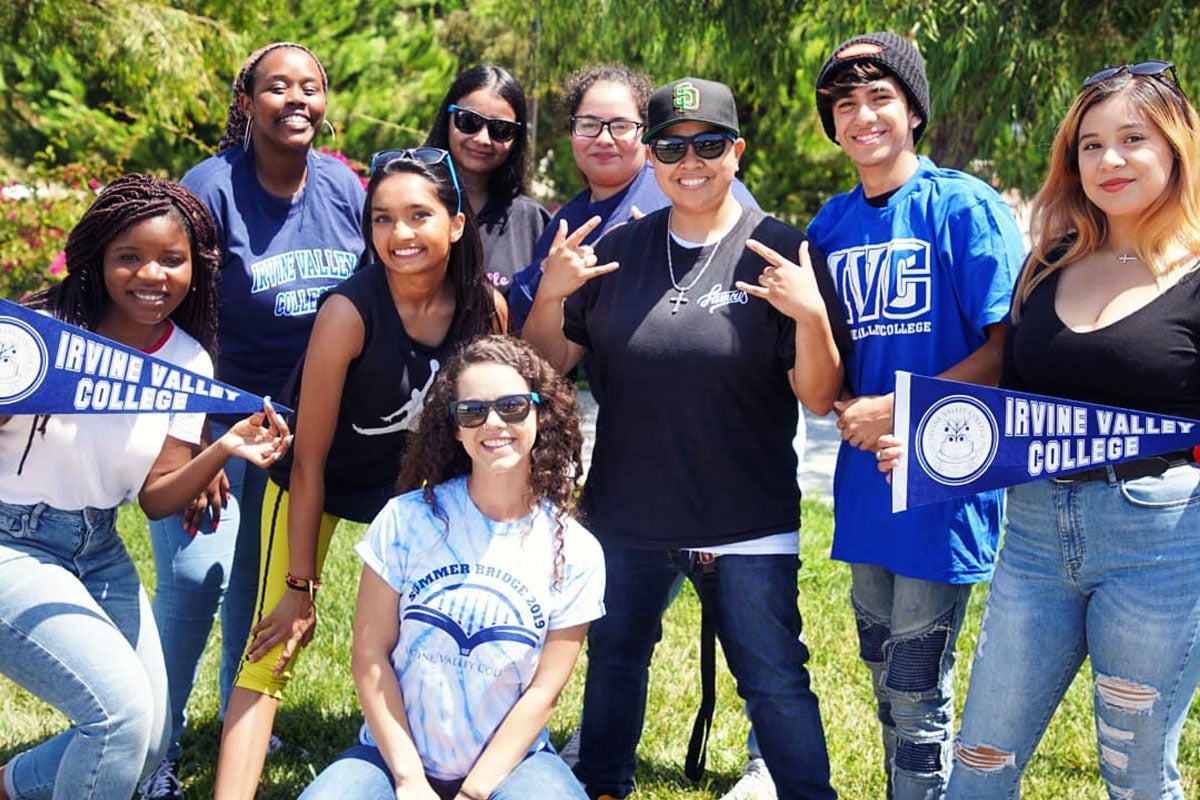Thank you to the University of Southern California for allowing us to adapt their FERPA Web site to our institutional policies.
The Family Educational Rights and Privacy Act of 1974 is a federal law protecting the privacy of education records of students. Any educational institution that receives funds under any program administered by the U.S. Secretary of Education is bound by FERPA requirements. Institutions that fail to comply with FERPA may have federal funds withheld.
Education records, according to FERPA, are defined as student records maintained by an education agency or institution or by a party acting for the agency or institution.
Educational records DO NOT include:
- Instructor notes or other personal memory aids;
- Medical records that are used only in connection with treatment of students;
- Employment records when employment is not contingent on being a student;
- Records created and maintained by campus police and used only for law enforcement purposes;
- Post-attendance records that do not relate to the person as a student.
FERPA allows institutions to identify certain types of information called "directory information" that may be disclosed without student consent at the college's discretion. Irvine Valley College has designated the following information as directory information and will release this information upon request:
- Terms for which a student is enrolled.
- The enrollment status (full time or part time, as defined by financial aid regulations) for the term in which the student is enrolled.
- Declared major.
- Participation in officially recognized activities and sports including weight, height, and high school of graduation of athletic team members.
- Degrees and awards received including honors, scholarship awards, athletic awards, and Dean’s List recognition.
Irvine Valley College may disclose any of the above-mentioned items without prior written consent unless notified in writing to the contrary by the student. The colleges and its contracted agents may release Directory Information when the requestor has certified the student has applied for or received products, services, or employment that depends on verification of enrollment, or in college publications/press releases when the student has participated in officially recognized college/district activities.
Students have the following option in connection with the release of directory information:
- Do NOT permit the college to release Directory Information to anyone.
According to FERPA, a student can request that the institution not release any directory information about him/her. Irvine Valley College students initially give or withhold consent via the Admissions Application. Students may change their decision by filing a General Petition with the Admissions Office. Request for non-disclosure will be honored by the college until removed by the student.
With several exceptions provided by FERPA, Irvine Valley College cannot release personally identifiable non-directory information in an education record without prior written consent from the student unless it is to state, local, and federal government authorities who need the information in performance of their duties.
Some examples of non-directory information include:
- birth date
- religious affiliation
- citizenship
- ethnicity
- gender
- grade point average (GPA)
- marital status
- SSN/student I.D.
The student's prior written consent is not required to disclose non-directory information under the following circumstances:
- Access by parents of a student who is under 18 years of age as defined in Section 152 of the Internal Revenue Code of 1986. Parents must present evidence to the Admissions office that they claim the student as a dependent.
- Access by school officials who the institution has determined to have a legitimate educational interest or access by school officials at other schools where the student seeks to enroll.
- Access for the purpose of awarding financial aid. Personally identifiable information may be required to determine eligibility for aid, the amount of the aid, the conditions for the aid, or to enforce the terms or conditions of the aid.
- Access for the purpose of responding to a subpoena or an ex parte order.
Consistent with its obligations under FERPA, IVC annually notifies students and their parents of the rights accorded them by FERPA. Students shall be advised of their rights regarding education records on the IVC application, class schedule and college catalog.
FERPA permits current and former students to inspect and request amendments to their educational records. FERPA applies to educational records as defined above in What are education records? Students wishing to review their educational records in accordance with FERPA may request to review them in-person at no cost or may request to receive a copy of their records at a cost of $0.25 per page.
For in-person requests, the record custodian or an appropriate college staff person will make the needed arrangements for access as promptly as possible and notify the student of the time and place where the records may be inspected. Access must be given in 15 workdays or fewer from the receipt of the request.
Fees for Copies of Educational Records
- The fee for copies will be $0.25 per page.
- Fees charged for copies of transcripts will be identified in the college catalog.
- Students may obtain an unofficial copy of their transcripts at no charge from the student portal.
- If a request for electronic records requires data compilation, extraction, or programming, copying costs may include the cost of programming.
General questions and comments may be directed to the Admissions and Records Office (949-451-5461) at:
Student Center 110
ATTN: Director of Admissions and Records
5500 Irvine Center Drive
Irvine, CA 92618
(949-451-5461)
If a student feels that the institution has violated his or her privacy rights under FERPA, a written complaint may be filed with the Family Policy Compliance Office, U.S. Department of Education, 400 Maryland Ave. SW, Washington, DC 20202-4605. The Family Policy Compliance Office investigates each timely complaint to determine whether the educational institution has failed to comply with the provisions of FERPA. A timely complaint is defined as an allegation that is submitted within 180 days of the date of the alleged violation or of the date that the complainant knew or reasonably should have known of the alleged violation.





